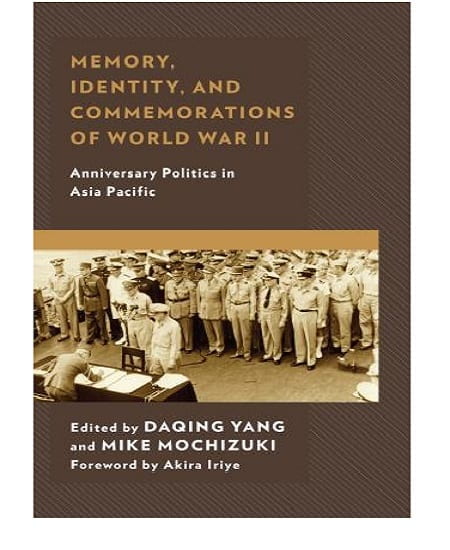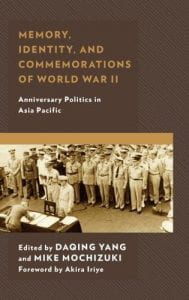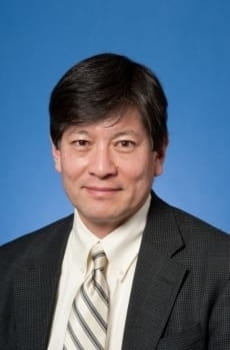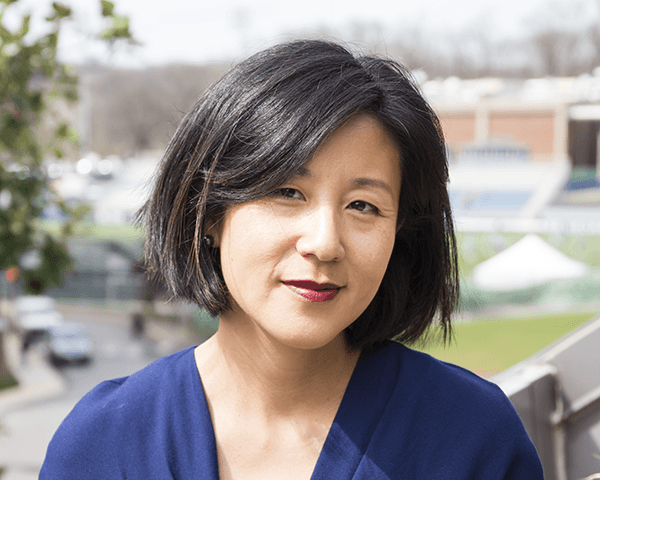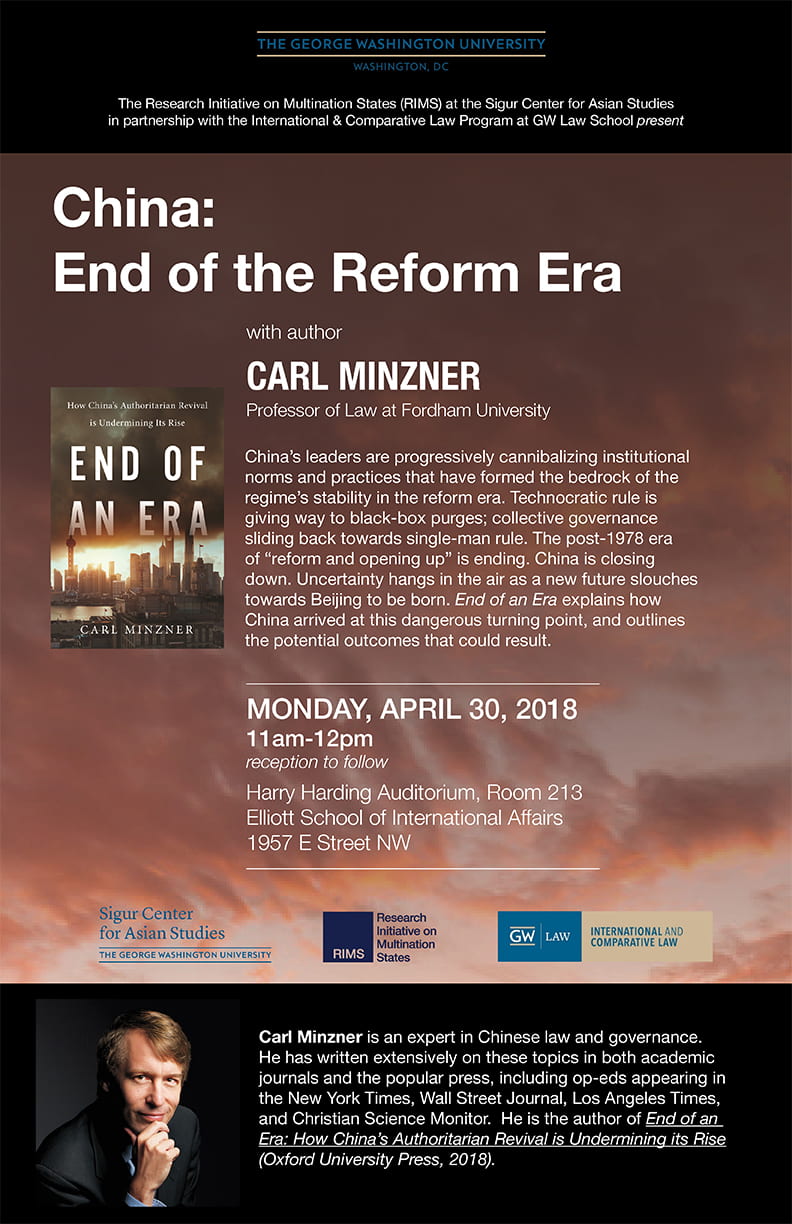The Sigur Center for Asian Studies and Asia Policy Point cordially invite to a book launch discussion with author James M. Scott (Target Tokyo; The War Below; and The Attack on the Liberty) to talk about his most recent publication, Rampage: MacArthur, Yamashita, and the Battle of Manila (1945).
Wednesday, September 26, 2018
12:00 PM – 2:00 PM
Chung-wen Shih Conference Room
Suite 503
The Elliott School of International Affairs
1957 E Street, NW
Washington, DC 20052
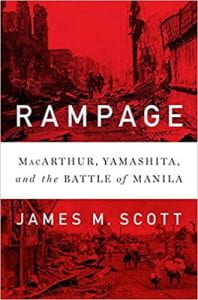
Rampage Audio (1)
Rampage Audio (2)
Rampage Audio (3)
Rampage Audio (4)
Before World War II, Manila was a slice of America in Asia, populated with elegant neoclassical buildings, spacious parks, and home to thousands of U.S. servicemen and business executives who enjoyed the relaxed pace of the tropics. The outbreak of the war, however, brought an end to the good life. General Douglas MacArthur, hoping to protect the Pearl of the Orient, declared the Philippine capital an open city and evacuated his forces. The Japanese seized Manila on January 2, 1942, rounding up and interning thousands of Americans.
MacArthur, who escaped soon after to Australia, famously vowed to return. For nearly three years, he clawed his way north, obsessed with redeeming his promise and turning his earlier defeat into victory. By early 1945, he prepared to liberate Manila, a city whose residents by then faced widespread starvation. Convinced the Japanese would abandon the city as he did, MacArthur planned a victory parade down Dewey Boulevard. But the enemy had other plans. Determined to fight to the death, Japanese marines barricaded intersections, converted buildings into fortresses, and booby-trapped stores, graveyards, and even dead bodies.
The twenty-nine-day battle to liberate Manila resulted in the catastrophic destruction of the city and a rampage by Japanese forces that brutalized the civilian population. Landmarks were demolished, houses were torched, suspected resistance fighters were tortured and killed, countless women were raped, and their husbands and children were murdered. American troops had no choice but to battle the enemy, floor by floor and even room by room, through schools, hospitals, and even sports stadiums. In the end, an estimated 100,000 civilians lost their lives in a massacre as heinous as the Rape of Nanking.
Based on extensive research in the United States and the Philippines, including war-crimes testimony, after-action reports, and survivor interviews, Rampage recounts one of the most heartbreaking chapters of Pacific war history.
About the Speaker:
 A former Nieman Fellow at Harvard, James M. Scott is the author of Target Tokyo, which was a 2016 Pulitzer Prize finalist and was named one of the best books of the year by Kirkus, The Christian Science Monitor and The Fort Worth Star-Telegram. His other works include The War Below and The Attack on the Liberty, which won the Rear Admiral Samuel Eliot Morison Award. His fourth book, Rampage, will be released on October 2, 2018. Scott lives with his wife and two children in Mt. Pleasant, SC.
A former Nieman Fellow at Harvard, James M. Scott is the author of Target Tokyo, which was a 2016 Pulitzer Prize finalist and was named one of the best books of the year by Kirkus, The Christian Science Monitor and The Fort Worth Star-Telegram. His other works include The War Below and The Attack on the Liberty, which won the Rear Admiral Samuel Eliot Morison Award. His fourth book, Rampage, will be released on October 2, 2018. Scott lives with his wife and two children in Mt. Pleasant, SC.
Commentator: Dr. Richard Frank, Pacific War History, Inc., author of Downfall: The End of the Imperial Japanese Empire
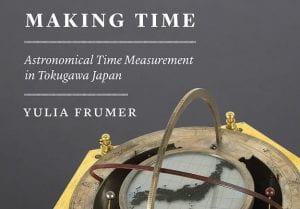
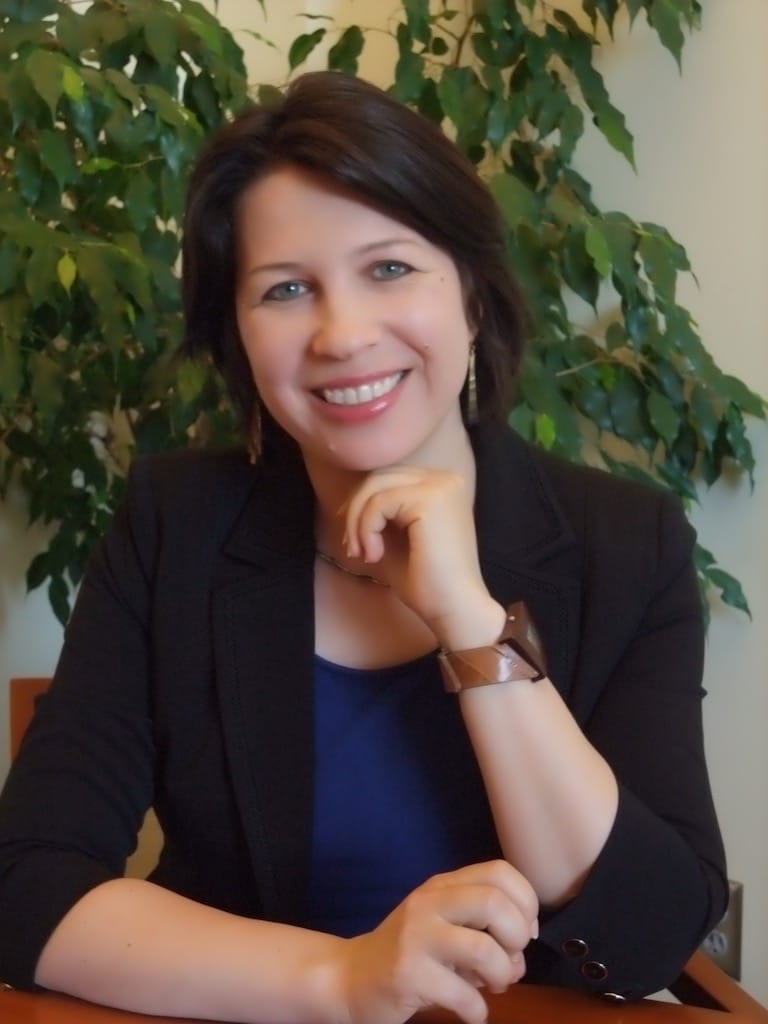
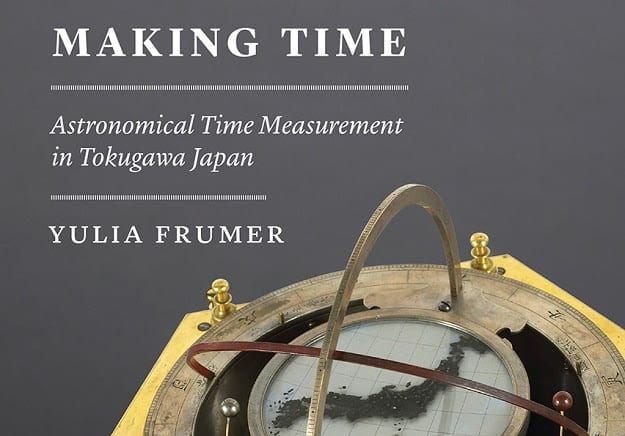
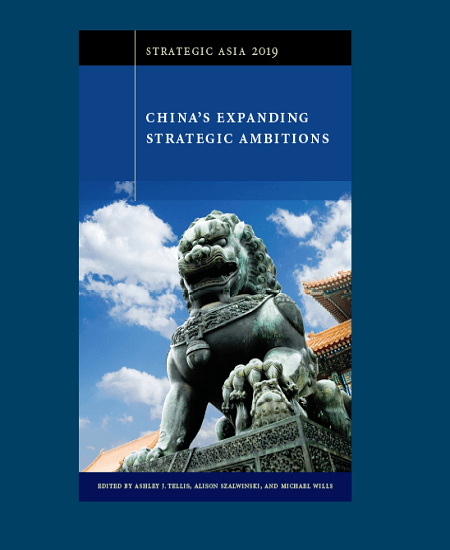

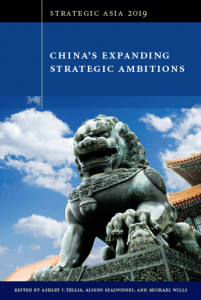
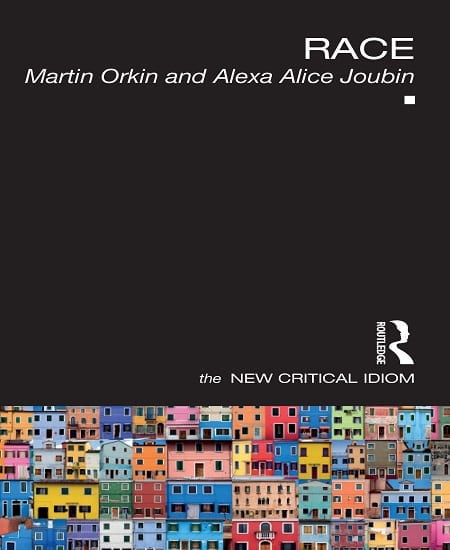

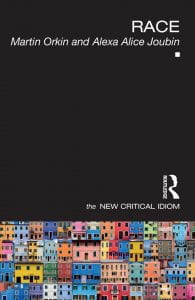
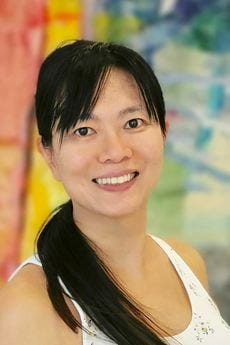
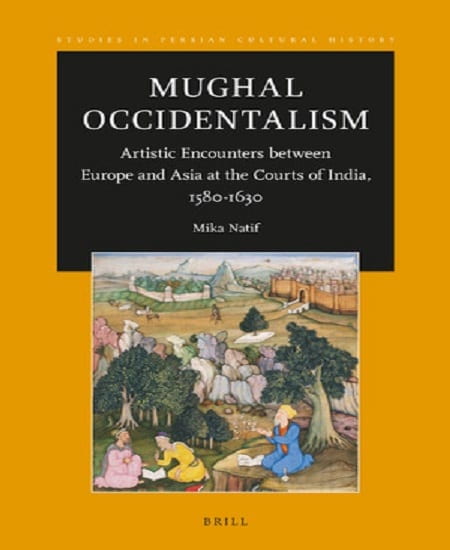

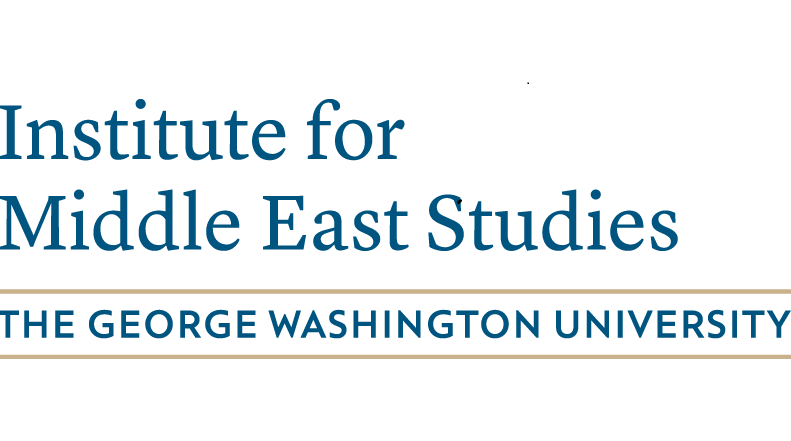
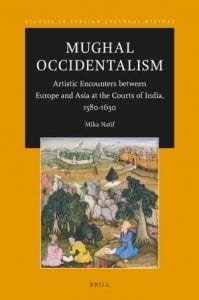
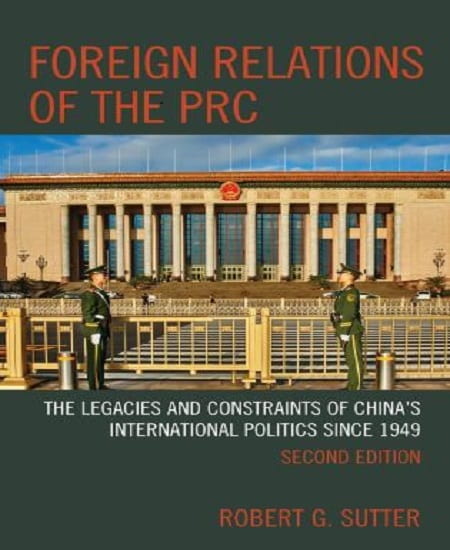

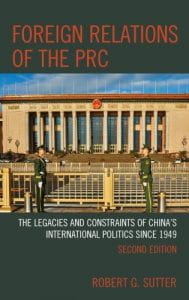
 Robert Sutter is Professor of Practice of International Affairs at the Elliott School of George Washington University beginning in 2011. He also serves as the school’s Director, Program of Bachelor of Arts in International Affairs.
Robert Sutter is Professor of Practice of International Affairs at the Elliott School of George Washington University beginning in 2011. He also serves as the school’s Director, Program of Bachelor of Arts in International Affairs.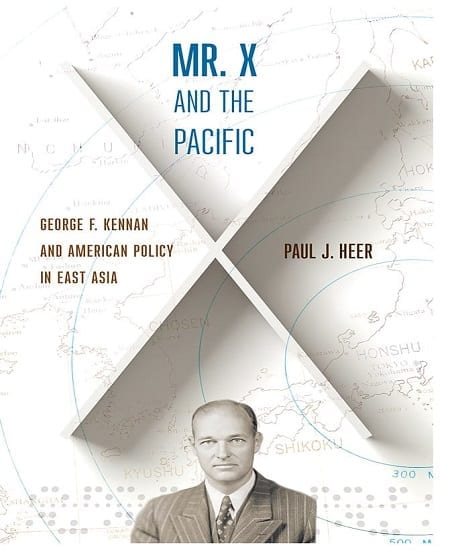
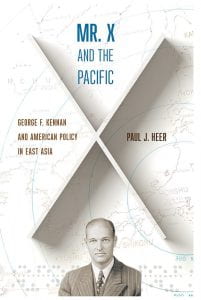
 Paul Heer is an adjunct professor at The George Washington University, where he received his Ph. D. in diplomatic history in 1995. During 2007-15 he served as the National Intelligence Officer for East Asia—the senior analyst of East Asian affairs in the US Intelligence Community—in the Office of the Director of National Intelligence. A career officer of the Central Intelligence Agency, he began that career in 1983 as a political and foreign policy analyst on Southeast Asia before specializing on China as an analyst and analytic manager. He served on the staff of the President’s Daily Brief, and as a member of the CIA’s Senior Analytic Service and the Senior Intelligence Service. He is a recipient of the CIA’s Distinguished Career Intelligence Medal and the DNI’s National Intelligence Distinguished Service Medal. Dr. Heer was a Robert E. Wilhelm Fellow at the Center for International Studies at the Massachusetts Institute of Technology during 2015-16. He was the Visiting Intelligence Fellow at the Council on Foreign Relations during 1999-2000 and was subsequently elected a Life Member of the Council. He holds a B.A. degree in history from Loras College in Dubuque, Iowa; and an M.A. in history from the University of Iowa. He is the author of Mr. X and the Pacific: George F. Kennan and American Policy in East Asia (Cornell University Press, 2018).
Paul Heer is an adjunct professor at The George Washington University, where he received his Ph. D. in diplomatic history in 1995. During 2007-15 he served as the National Intelligence Officer for East Asia—the senior analyst of East Asian affairs in the US Intelligence Community—in the Office of the Director of National Intelligence. A career officer of the Central Intelligence Agency, he began that career in 1983 as a political and foreign policy analyst on Southeast Asia before specializing on China as an analyst and analytic manager. He served on the staff of the President’s Daily Brief, and as a member of the CIA’s Senior Analytic Service and the Senior Intelligence Service. He is a recipient of the CIA’s Distinguished Career Intelligence Medal and the DNI’s National Intelligence Distinguished Service Medal. Dr. Heer was a Robert E. Wilhelm Fellow at the Center for International Studies at the Massachusetts Institute of Technology during 2015-16. He was the Visiting Intelligence Fellow at the Council on Foreign Relations during 1999-2000 and was subsequently elected a Life Member of the Council. He holds a B.A. degree in history from Loras College in Dubuque, Iowa; and an M.A. in history from the University of Iowa. He is the author of Mr. X and the Pacific: George F. Kennan and American Policy in East Asia (Cornell University Press, 2018).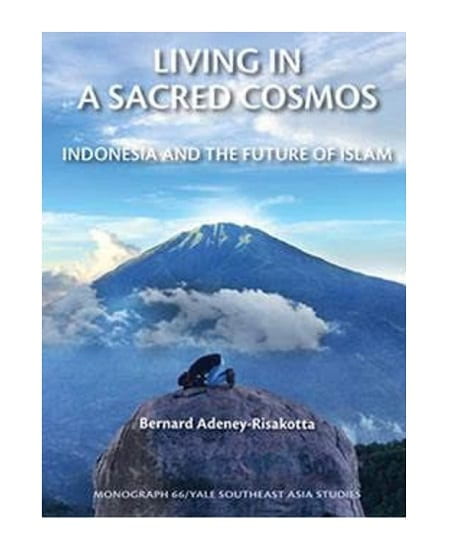

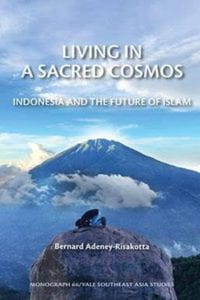
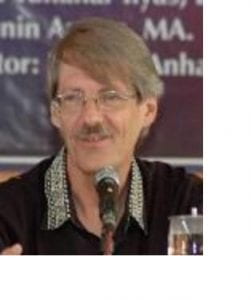 Bernard Adeney-Risakotta was born in China of British and American parents. He was founding director of the Indonesian Consortium for Religious Studies (ICRS) at Universitas Gadjah Mada in Yogyakarta. He studied in Wisconsin, London, and Berkeley, where he taught for nine years before moving to Indonesia in 1991. Among his many publications is Strange Virtues: Ethics in a Multicultural World.
Bernard Adeney-Risakotta was born in China of British and American parents. He was founding director of the Indonesian Consortium for Religious Studies (ICRS) at Universitas Gadjah Mada in Yogyakarta. He studied in Wisconsin, London, and Berkeley, where he taught for nine years before moving to Indonesia in 1991. Among his many publications is Strange Virtues: Ethics in a Multicultural World.
 A former Nieman Fellow at Harvard, James M. Scott is the author of Target Tokyo, which was a 2016 Pulitzer Prize finalist and was named one of the best books of the year by Kirkus, The Christian Science Monitor and The Fort Worth Star-Telegram. His other works include The War Below and The Attack on the Liberty, which won the Rear Admiral Samuel Eliot Morison Award. His fourth book, Rampage, will be released on October 2, 2018. Scott lives with his wife and two children in Mt. Pleasant, SC.
A former Nieman Fellow at Harvard, James M. Scott is the author of Target Tokyo, which was a 2016 Pulitzer Prize finalist and was named one of the best books of the year by Kirkus, The Christian Science Monitor and The Fort Worth Star-Telegram. His other works include The War Below and The Attack on the Liberty, which won the Rear Admiral Samuel Eliot Morison Award. His fourth book, Rampage, will be released on October 2, 2018. Scott lives with his wife and two children in Mt. Pleasant, SC.